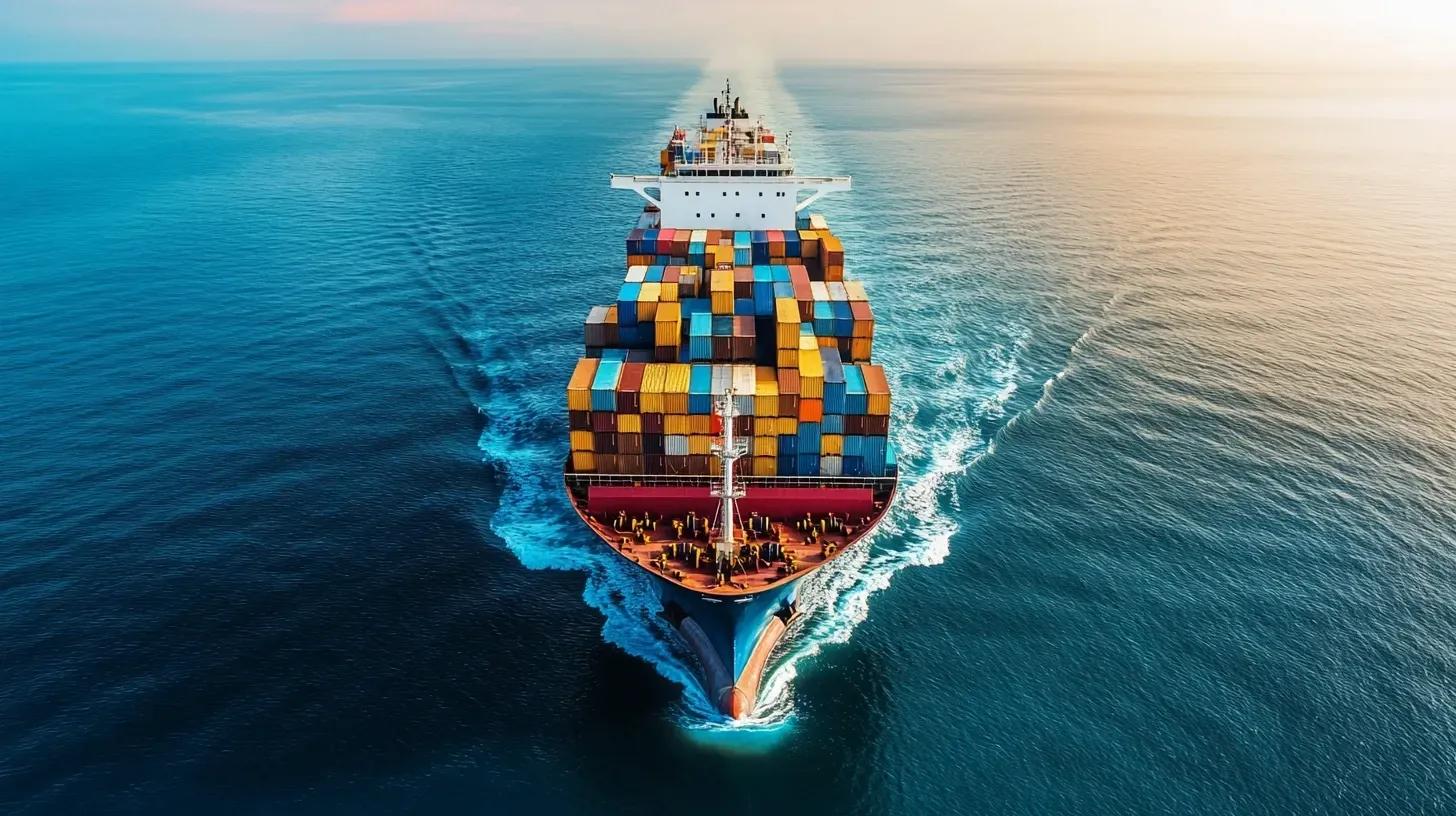How AI in Supply Chains is Quietly Revolutionising Global Operations
An inside look at the AI strategies reshaping operations across global supply chains.

Introduction
In today’s volatile global economy, supply chains are under intense pressure. Disruptions from geopolitical shifts, inflation, climate events, and changing consumer habits are revealing inefficiencies in traditional supply chain models. With the global supply chain management market expected to exceed $37 billion by 2030, the need for smarter, more efficient solutions has never been greater.
While digital transformation has been on the agenda for years, the acceleration of Artificial Intelligence (AI) in supply chains is now pushing it into action.
But this shift is not always loud or dramatic. In many cases, AI is working quietly in the background, optimising decisions and unlocking value where it’s least expected.

The Growing Impact of AI in Supply Chains
A 2025 report by Deposco and Fulfilment IQ, "AI in Supply Chain: How Leaders are Driving Breakthrough ROI", shows that companies using unified AI platforms see much better results than those relying on disconnected tools. The study surveyed supply chain leaders across retail, ecommerce, 3PL, wholesale, and consumer goods, and highlights how AI is quietly but effectively improving performance. Key findings from the research include:
65% Fewer Lost Sales from Inventory Challenges
Companies using AI for inventory planning and demand forecasting have prevented 65% of lost sales due to stockouts. They’ve also reduced inventory levels by 35%, helping balance efficiency with customer satisfaction.
Up to 15% Reduction in Logistics Costs
AI-powered logistics solutions are delivering measurable savings, cutting transportation costs by up to 10% and total logistics spend by as much as 15%.
2–3x Greater ROI with Integrated AI Platforms
Organisations with AI integrated across planning, execution and analytics functions are seeing two to three times greater return on investment compared to those using fragmented systems.
The Evolving Nature of Supply Chains
Supply chains have moved from being cost-driven back-end operations to strategic assets that shape competitive advantage. The increasing complexity of global networks means organisations must do more than just react. They must anticipate, adapt, and optimise in real time. AI supports this transformation by making supply chains smarter, faster and more connected. From predicting demand swings to navigating global disruptions, AI tools offer the intelligence and flexibility that conventional systems lack.

Key Applications of AI in Supply Chains
AI is driving efficiency and resilience across every layer of the supply chain. Here are three areas where its impact is most significant:
Demand Forecasting & Inventory Planning
AI models analyse patterns across sales, seasonality, and market signals to improve stock accuracy and reduce waste, ensuring the right products are in the right place at the right time.
Risk Detection & Disruption Response
By continuously scanning global data, AI can identify early warning signs such as extreme weather, supplier issues, or transport delays, allowing businesses to act before disruption hits.
Operational Efficiency & Sustainability
AI powers real-time route and process optimisation, reducing emissions and operational waste while enhancing delivery performance and supporting ESG targets.
Real-World Applications & Case Studies
AI is no longer theoretical. Organisations across industries are deploying it to reshape their supply chains:

Amazon
Amazon uses AI-driven picking and packing algorithms to reduce order-to-dispatch times, optimise truck space, and minimise waste. Robotics systems like Sequoia cut fulfilment times by up to 25%, streamlining warehouse flow and boosting delivery speed and efficiency.

Applied Data Science Partners
ADSP developed an intelligent warehouse monitoring system that detects safety issues and storage damage with up to 90% on-site accuracy. By removing the need for cloud processing, the AI runs locally on low-power devices to support faster decisions and safer, more autonomous operations.

IBM
IBM implemented a cognitive supply chain platform capable of maintaining a 100% order fulfilment rate during the height of COVID-19, thanks to intelligent, adaptive forecasting.
Conclusion
AI is not just a disruptive force. It is a strategic enabler, helping supply chains evolve from reactive networks into intelligent, responsive ecosystems. As economic pressures mount and customer expectations rise, AI offers a way to cut through the noise and build supply chains that are faster, greener, and more resilient.
For organisations looking to stay ahead, the question is no longer if you should explore AI in your supply chain, but how soon.
Discover more AI Insights and Blogs

5 Real-World Use Cases for Generative AI in Retail
Discover how Gen AI improves customer experience and smarter stock decisions.

AI Governance - All You Need to Know
From regulatory frameworks to ethical development, this guide covers AI governance principles. Learn how organisations create transparent, secure, and compliant AI systems.

The Essential LLM Guide: How to Use Large Language Models Securely
Learn how to harness LLMs securely by leveraging cloud platforms and running models locally, ensuring data privacy and GDPR compliance.

Want to explore how AI could support your supply chain transformation?
Get in touch with the team at ADSP to find out how we can help.
